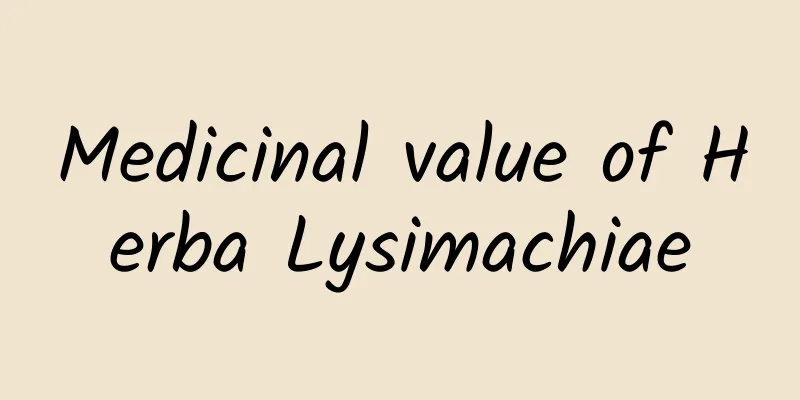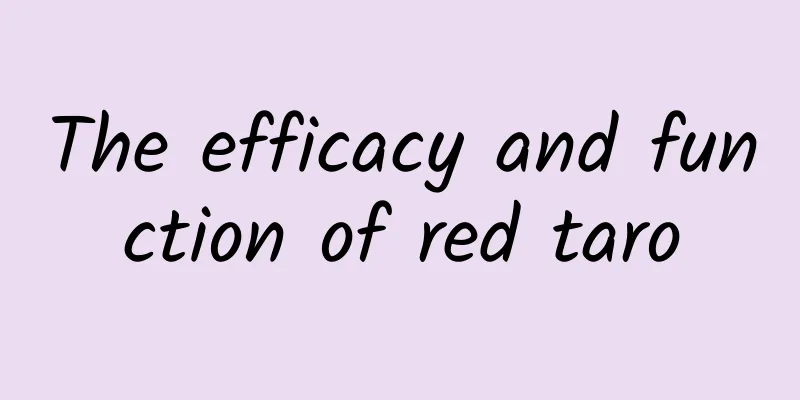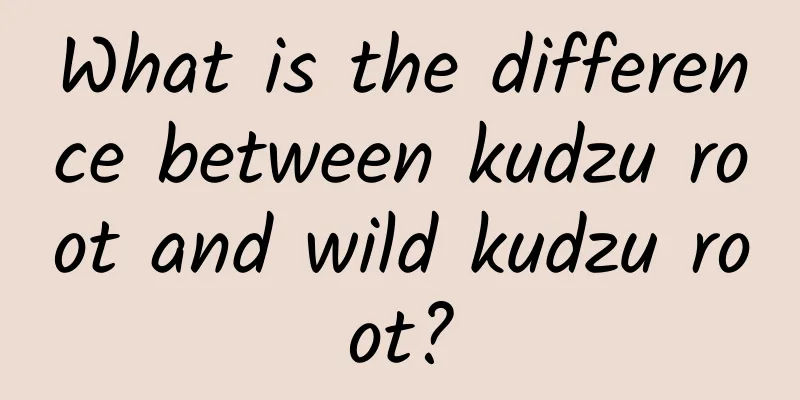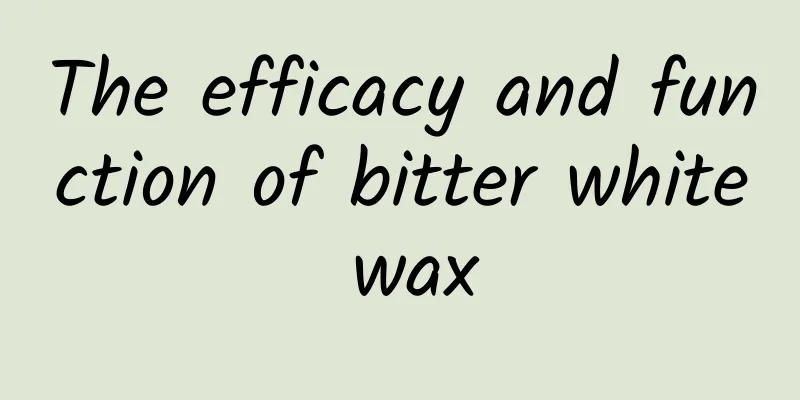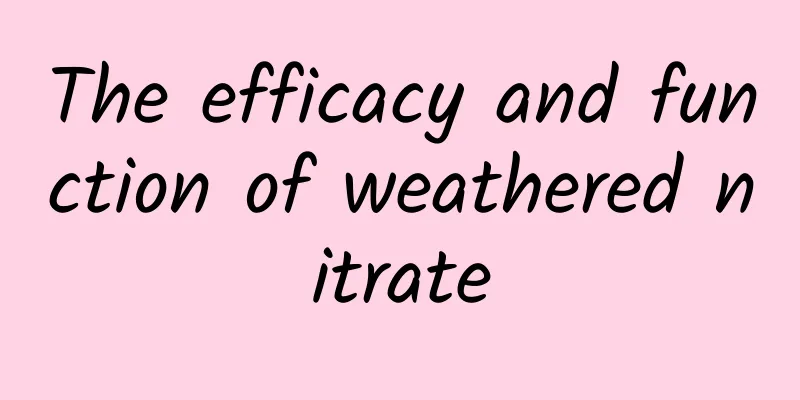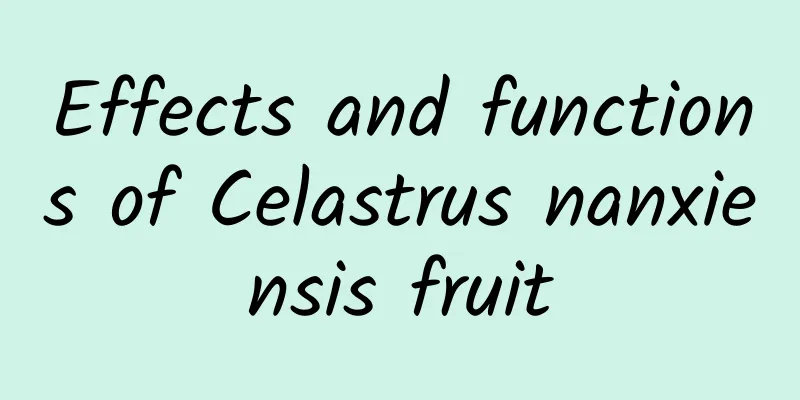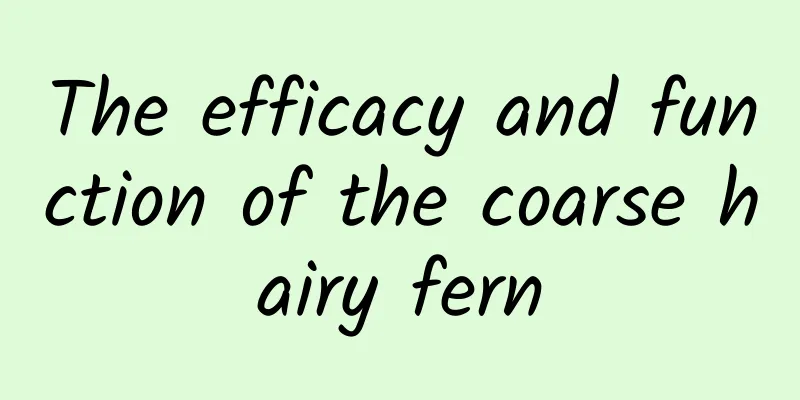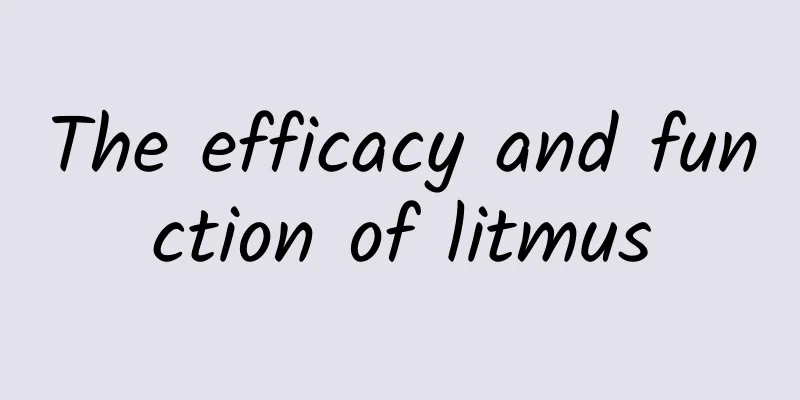With this magical coating, A4 paper can also be used to hold milk tea
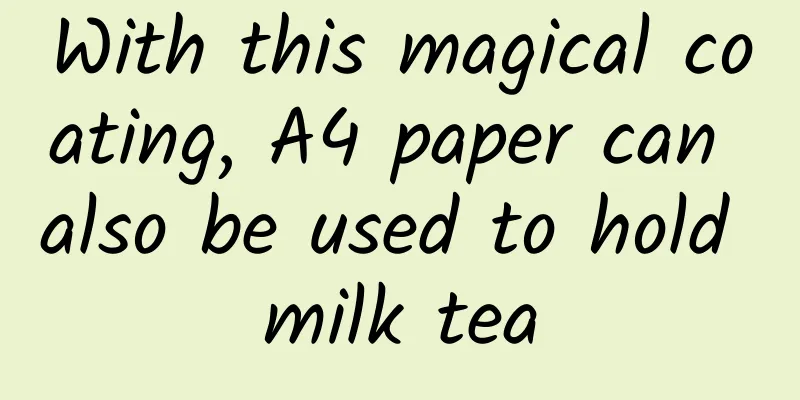
|
Classic origami cranes made of paper, coated with Choetsu (left) and uncoated (right). When immersed in water, the coated crane retained its shape, while the uncoated crane quickly became saturated with water and began to disintegrate. Image credit: Hiroi Zenji et al. Zhang Jiaxin, intern reporter at Science and Technology Daily In the future, people may be able to use A4 paper to package milk tea with the help of coatings. According to a study published on the 13th in the journal Industrial and Engineering Chemistry Research, published by the American Chemical Society, researchers at the University of Tokyo in Japan have found a simple, economical and efficient way for the first time to "impart" some of the properties of plastic to relatively sustainable paper materials: a coating called Choetsu can not only make paper waterproof, but also maintain its elasticity and biodegradability. "In my opinion, the main problem with plastic materials is that they cannot be degraded quickly and safely." Professor Zenji Hiroi of the Institute of Solid State Physics at the University of Tokyo said that materials like paper can be safely degraded, but they cannot meet the wide range of uses of plastic materials. Now, the new method can give paper some of the good properties from plastics, but without any adverse effects on the environment. Choetsu is a combination of materials that, when applied to paper, spontaneously creates a strong, water-repellent film when it comes in contact with moisture from the air. The coating is made up of safe and low-cost chemicals, primarily methyltrimethoxysilane, some isopropyl alcohol, and a small amount of tetraisopropyl titanate. Structures made from paper, such as food containers, are sprayed or dipped into this coating and allowed to dry at room temperature. Once dry, a thin layer of silica containing methyl groups forms on the cellulose that makes up the paper, providing strong water-repellent properties. In addition, the reaction that occurs during the coating process automatically creates a layer of titanium dioxide nanoparticles that creates dirt and bacteria repelling properties that protect the coated items for a longer period of time. Over time, all chemicals involved in the coating break down into harmless substances such as carbon, water and sandy silica. Hiroi said he hopes to apply this method to other types of materials in the future. At the same time, the liquid composition can also be adjusted for other materials to create a stain-proof and mildew-proof coating for use on glass, ceramics and even other plastics. Source: Science and Technology Daily |
>>: World Hypertension Day丨Take this anti-stress manual and stay away from the "invisible killer"
Recommend
Save it now! In the case of influenza A outbreak, in addition to oseltamivir, you can also use these drugs!
Influenza is an acute respiratory infection that ...
With large-scale sandstorms approaching, how are sandstorms classified? What are the criteria for issuing sandstorm warnings?
Whenever the weather turns warmer, some relativel...
What are the medicinal values of ground ginseng?
Only when the medicinal value of a drug is fully ...
What are the effects of the traditional Chinese medicine Adenophora
Adenophora has many functions and is very effecti...
Side effects of Tanshinone capsules
Any drug has side effects. If we don't take i...
The efficacy and function of chicken shit vine
Chicken shit vine is also called turtledove rice,...
The efficacy and function of Physalis
As a traditional Chinese medicine, Physalis has g...
Beware! This animal appears frequently after the rain, and many people have encountered it! Don’t touch it...
recent Heavy rain in Shenzhen One after another A...
What are the prescriptions for kidney-tonifying Chinese medicine wine?
Nourishing the kidneys is something that many peo...
Side effects of Tibetan medicine green radish flower
The flower of green ivy is a very common plant. P...
The benefits of monkey knot
This monkey knot is not the Adam's apple we o...
When Chang'e flew to the moon, she actually took away a "Changbai Mountain"? !
At 6:23 on June 2, 2024, the Chang'e-6 lander...
In the New Year's greetings, those great weapons of the great powers that can "go to the sky, the sea and the land"
President Xi Jinping has delivered New Year's...
The efficacy and function of shepherd's purse
For many Chinese people, traditional Chinese medi...
Does raising a hairless cat mean you don’t have allergies? No!
The popular domestic drama "The Beginning&qu...
